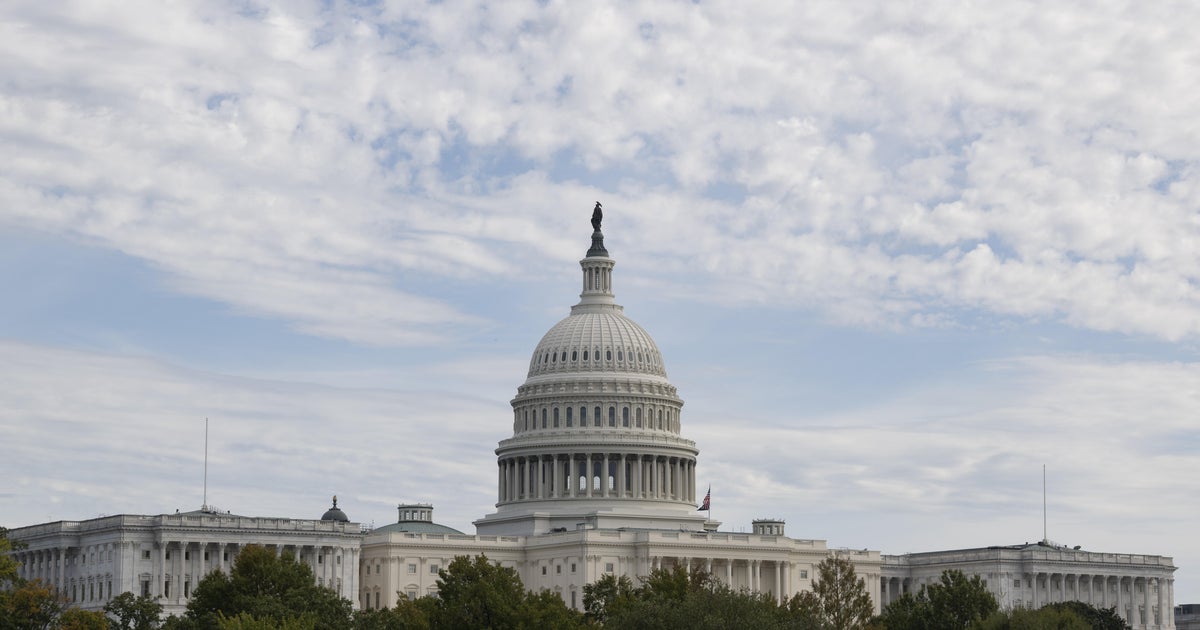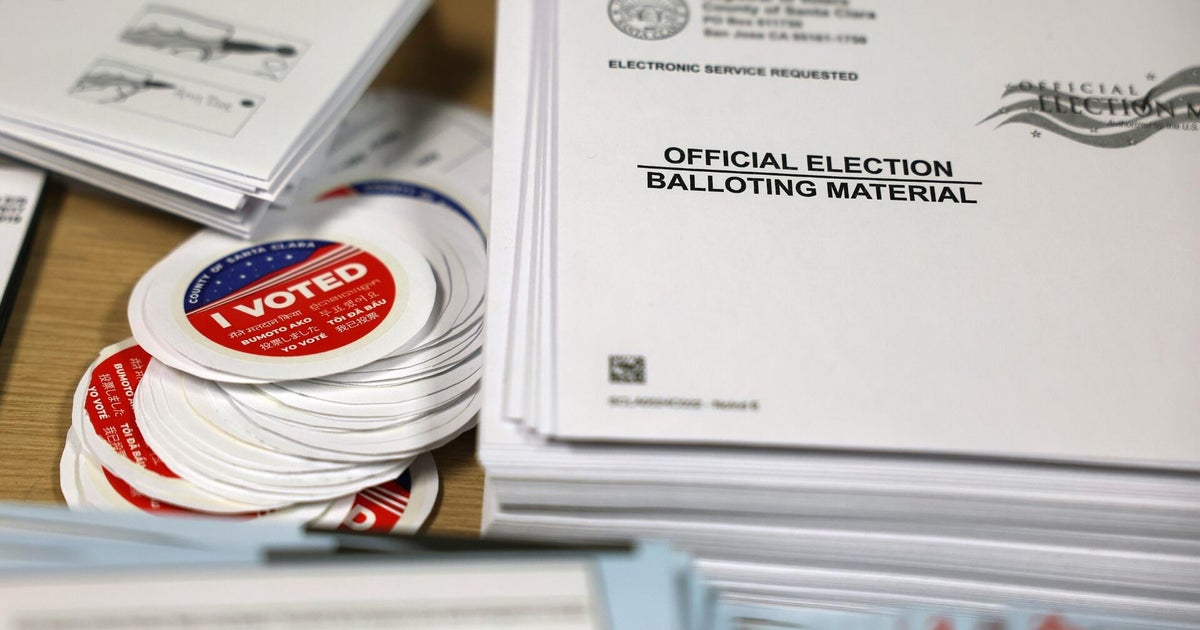Senate Republicans have been invited to a lunch with President Trump at the White House on Tuesday, two sources familiar with the plans confirmed to CBS News.
The lunch, expected in the Rose Garden, was first reported by Punchbowl News.
The chairman of the House Armed Services Committee warned last Friday that the federal agency that oversees the nation’s stockpile of nuclear weapons is planning to implement deep staff reductions as the government shutdown continues.
GOP Rep. Mike Rogers of Alabama said lawmakers were informed Thursday night that “carry-over” funding that has been used by the National Nuclear Security Administration to remain operating at full capacity during the shutdown is close to running out.
“They will have to lay off 80% of their employees,” Rogers told reporters. His office later clarified that the employees would be furloughed, not permanently laid off. “These are not employees that you want to go home. They’re managing and handling a very important strategic asset for us. They need to be at work and being paid.”
The National Nuclear Security Administration is part of the Department of Energy, and one of its core missions is “to ensure the United States maintains a safe, secure, and reliable nuclear stockpile through the application of unparalleled science, technology, engineering, and manufacturing,” according to its website.
The notice provided by the NNSA to Rogers’ office said that money used to pay salaries and expenses was expected to run out on Saturday, Oct. 18. Roughly 1,400 employees were to be placed on furlough, while 375 employees would continue to work, the agency said.
By Stefan Becket, Patrick Maguire, Melissa Quinn
Sen. Bernie Sanders, a Vermont independent, said on “CBS Mornings” that a guaranteed vote on Democrats’ health care priorities won’t be enough to reopen the government, and he expressed alarm over the “broken” and “dysfunctional” health care system.
Along with the health insurance premiums that are set to rise without an extension of Affordable Care Act tax credits, Sanders cited the toll taken on lower-income Americans taken by restrictions to Medicaid in President Trump’s “Big, Beautiful Bill” that became law earlier this year, arguing it will result in thousands of deaths.
Sanders said the offer from Senate Majority Leader John Thune to hold a vote on the tax credits is “no good” because even if it were to pass the Senate, the president could veto the legislation, or the House could simply choose not to take it up.
“You know what’s going on right now in the House? The Speaker of the House, Mr. Johnson, has given his people a five-week vacation. They’re not even in Washington, D.C.,” Sanders said. “Before I vote on a bill that will, right now, allow 50,000 people to die unnecessarily, yeah, I want it absolutely clear that that will not happen, period.”
Sanders argued that what Senate Republicans are doing by refusing to negotiate until the government is reopened is “unprecedented.” He said because the GOP needs support from a number of Democrats to move forward on legislation to fund the government, “they need to negotiate.”
“You know how much negotiations they’ve done? Zero,” Sanders said. “Our way or the highway.”
The Senate reconvenes Monday afternoon and is expected to vote in the evening on a House-passed measure to fund the government until Nov. 21.
The vote marks the 11th attempt to advance the measure, which needs 60 votes to move forward in the upper chamber. With 53 Republicans, support from Democrats is necessary to reopen the government. And while Republicans have been hoping to pick up new support from Democrats on the measure with the repeat votes, the bill has failed to gain any new votes from across the aisle since the shutdown began.
Democratic Sens. John Fetterman of Pennsylvania and Catherine Cortez Masto of Nevada have voted with Republicans in support of the measure, along with Sen. Angus King, a Maine independent who caucuses with Democrats. GOP Sen. Rand Paul of Kentucky has voted against the bill.
Last week, Senate Majority Leader John Thune attempted an alternative approach to restart some funding with a procedural vote on an individual year-long appropriations bill to fund the Pentagon that was blocked by Democrats. This week, he’s expected to bring up a bill this week that would pay federal employees and military service members who have continued to work during the shutdown. But moving forward on the legislation would also require support from Democrats.
Sen. Mark Kelly, an Arizona Democrat, said Sunday that lawmakers could resolve the shutdown stalemate and reopen the government as soon as this week, urging Republicans to come to the negotiating table on health care subsidies.
“We should be able to wrap this up this week, if they will sit down and have a negotiation with us,” Kelly said on “Face the Nation with Margaret Brennan.”
Meanwhile, Republican Sen. Katie Britt of Alabama pressed Democrats to “do the right thing” and reopen the government first.
Read more here.
The federal judiciary said late last week that beginning Monday, it would no longer have funding to maintain “full, paid operation” as a result of the ongoing shutdown.
Federal judges will continue to serve, but court staff will curtail their activities to perform only those that are allowed under federal law, such as those necessary to perform constitutional functions and activities “necessary for the safety of human life and protection of property, and activities otherwise authorized by federal law.”
That work will be performed without pay during the shutdown, the judicial branch said, and staff that do not engage in those critical activities will be furloughed.
“Until the ongoing lapse in government funding is resolved, federal courts will maintain limited operations necessary to perform the Judiciary’s constitutional functions,” the judiciary said.




